There is growing evidence that advancing gender equality in diplomacy is not just a matter of equity, but a strategic imperative. When we advance women in diplomacy, we also advance diplomacy itself.
Ms. Michaela Friberg-Storey, United Nations Resident Coordinator in Kazakhstan, emphasized that in her speech at the seminar “ Breaking Barriers: Women in Diplomacy ” at Maqsut Narikbayev University (MNU) in Astana, Kazakhstan on June 21.
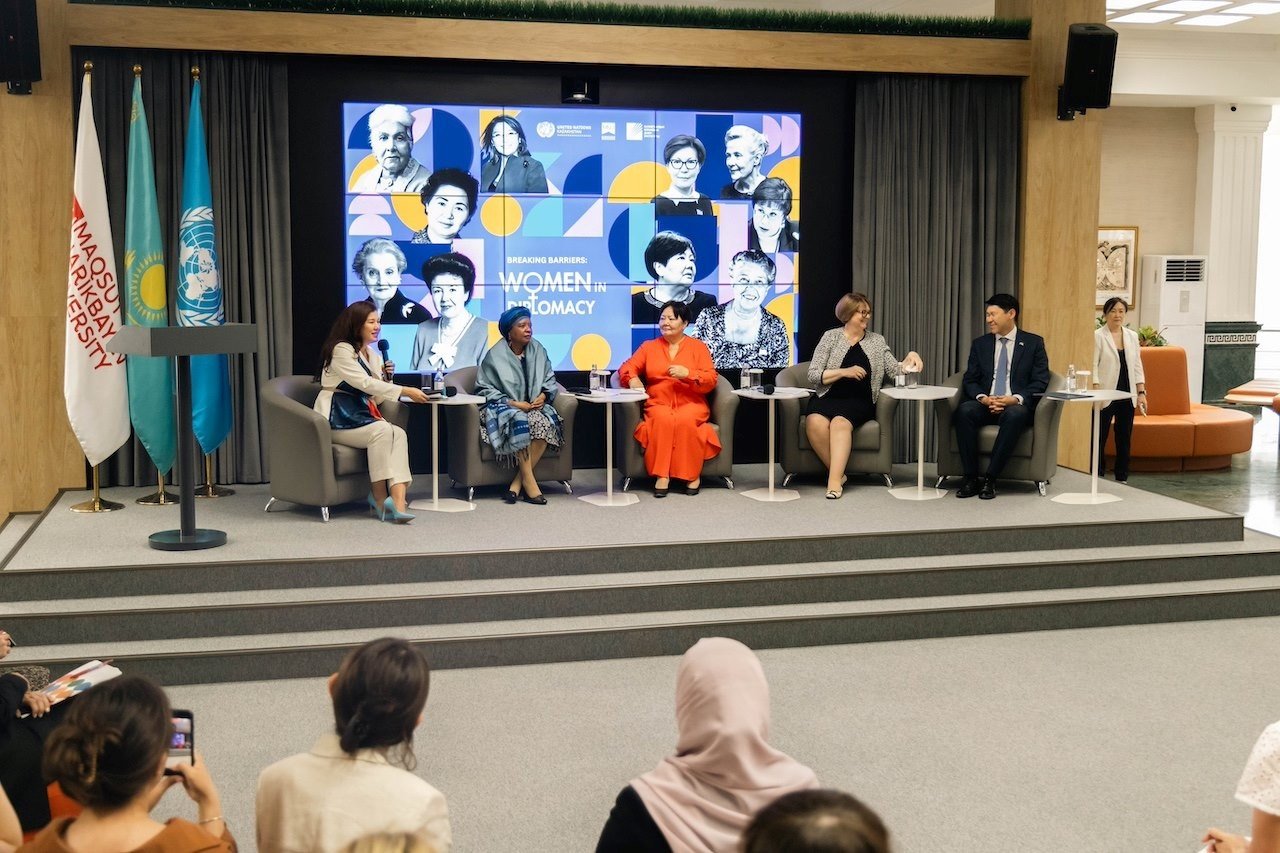 |
| The panel discussion “Breaking Barriers: Women in Diplomacy” brings together stories of inspirational women in the diplomatic profession. (Source: UN) |
The discussion, jointly organized by the United Nations Office in Kazakhstan, MNU and the Kazakhstan Institute for Public Development, aimed to highlight the significant contributions of women in the field of diplomacy, share the experiences and insights of female diplomats, and discuss strategies to further promote gender equality in this field.
The event took place ahead of International Women in Diplomacy Day (June 24), according to a resolution of the United Nations General Assembly adopted on June 20, 2022.
Only together can we achieve the desired results.
Ms. Michaela Friberg-Storey, UN Resident Coordinator in Kazakhstan, emphasized the importance of gender equality in diplomacy. “Diplomacy requires the best of humanity. The best must come from both men and women. Only together can we achieve the desired results in peace and development,” she affirmed.
Since joining the United Nations in 1992, Kazakhstan has had a female ambassador representing the country at the world's largest multilateral organization for 17 out of 32 years.
The number of female ambassadors in Kazakhstan is currently 11 out of a total of 67, and there are currently 3 female ambassadors from Kazakhstan. While these numbers are not as high as hoped, they continue to show a positive trend due to the strong focus of the Kazakh government on women’s empowerment.
The workshop was attended by Madina Jarbussynova, former Permanent Representative of Kazakhstan to the United Nations. She made history in Kazakhstan's diplomacy when she was elected to the United Nations Committee on the Elimination of Discrimination against Women (CEDAW).
“My election to CEDAW is a recognition of Kazakhstan’s achievements in this area because I am the first expert elected not only from Kazakhstan but also from Central Asia since these countries gained independence,” said Ms. Jarbussynova.
As a woman who has held such a top diplomatic position, Ms. Jarbussynova outlined the importance of defining the job as an arena for personal achievement regardless of gender and without stereotypes.
“Almost half of the staff in the Foreign Ministry are young women. But when you look at the department level and above or count the number of female ambassadors, you see the negative aspects of this situation. I think it is a continuation of some stereotypes that diplomacy is a male domain,” said Jarbussynova, who advocates for women to be nominated to higher diplomatic positions.
“Everyone knows that when women participate in politics, they solve problems that benefit the people, change social life, the environment and build peace,” the veteran diplomat affirmed.
“By fostering an environment for women to thrive, we pave the way for more effective and sustainable diplomatic engagement on the international stage.” (United Nations Resident Coordinator in Kazakhstan Michaela Friberg-Storey) |
Knowledge, confidence and courtesy
At the panel, British Ambassador to Kazakhstan Kathy Leach shared the history of the Foreign Office's work to support women in diplomacy, such as flexible working and job sharing.
Between family and work, Ambassador Leach acknowledges that women are judged differently than men. She encourages women to create their own support systems and be confident in their efforts.
She likened female diplomat confidence to “walking into a room as if you belong there. It’s sitting in the front row, asking the first question… rather than sitting in the back and ducking.”
It is important to show people that your presence in the room is not “to make tea, but because you have a professional job to do. So, walk into that room as if you own it and have a right to be there.”
According to South African Ambassador to Kazakhstan Keitumetsi Seipelo Tandeka Matthews, the liberation struggle of women in South Africa determined their path and involvement in diplomacy. The South African diplomat's advice is that women should exercise power with kindness and courtesy.
“You need to be confident… You need to be educated, interested in people, respectful of other cultures and other people. You need to have excellent conduct,” said Ambassador Matthews.
Female diplomats “don’t have to look like a man just because you’re doing a man’s job,” Ms Matthews said. “It’s terrible” to “look like a man because he wants to be on top. It’s a shame, I don’t support it, and it’s something we should be stopping.”
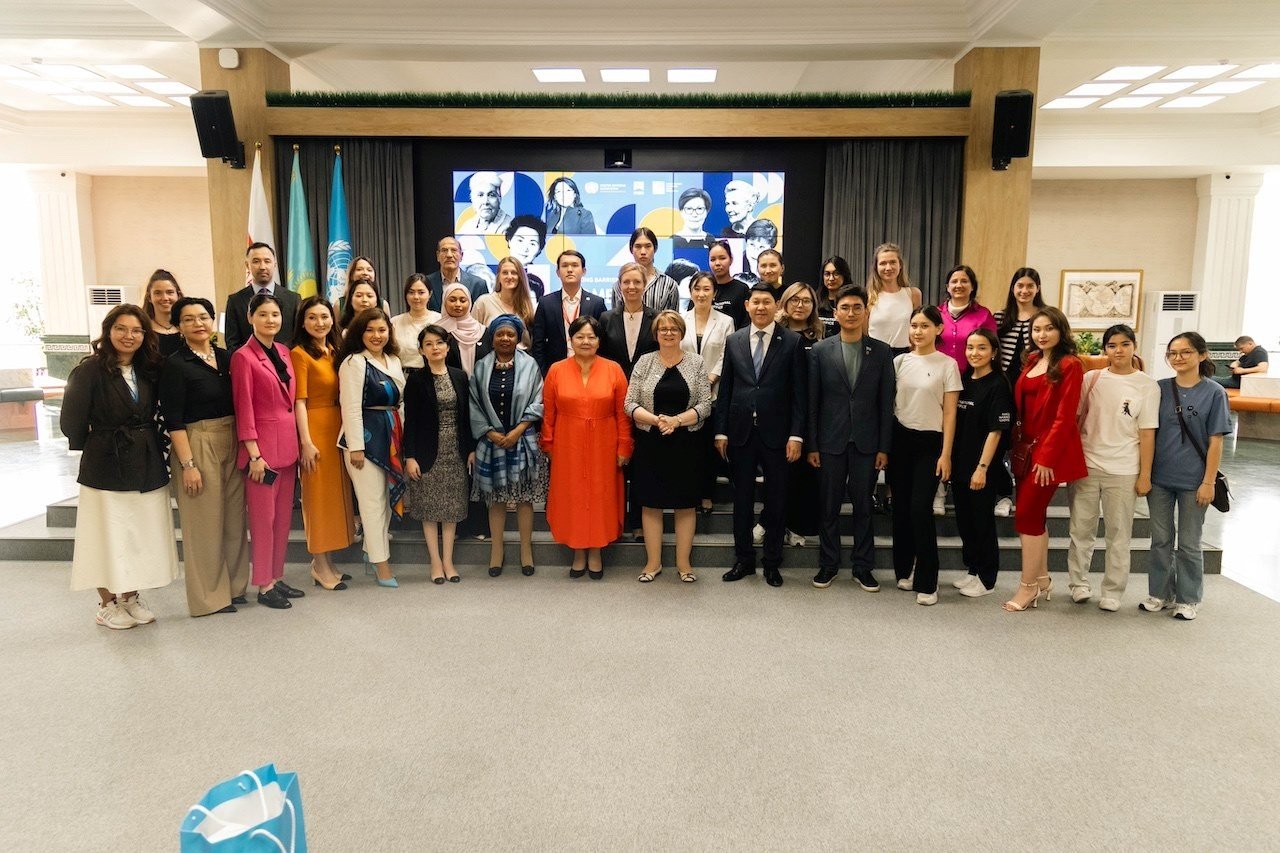 |
| The seminar was attended by representatives of the Ministry of Foreign Affairs of Kazakhstan and members of the diplomatic corps in the country. (Source: UN) |
On June 20, 2022, the United Nations General Assembly adopted a resolution designating June 24 of each year as International Day for Women in Diplomacy. The resolution calls on all Member States and United Nations entities, international organizations, civil society, academic institutions, associations of women diplomats and other relevant stakeholders to celebrate the International Day of Women in Diplomacy each year to promote the equal participation of women at all levels of diplomacy. |



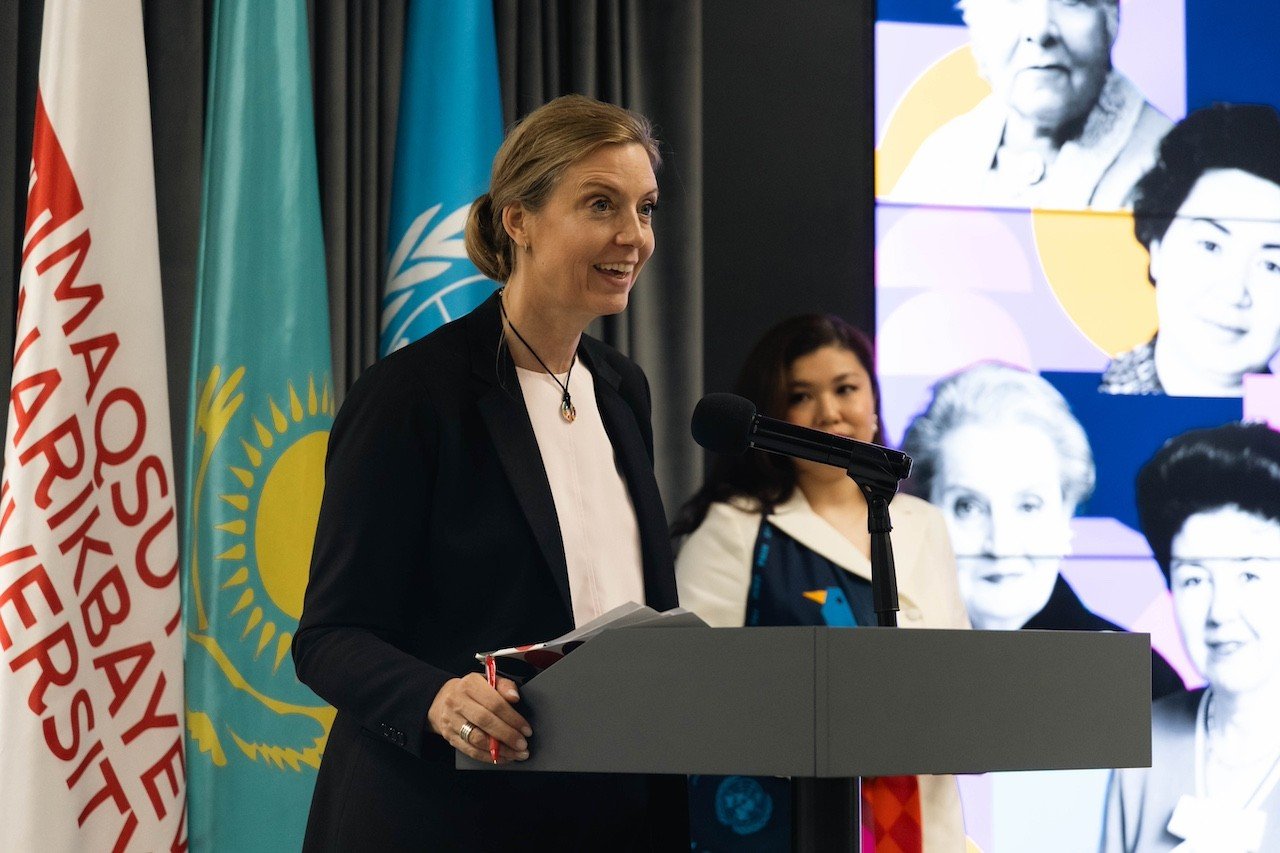
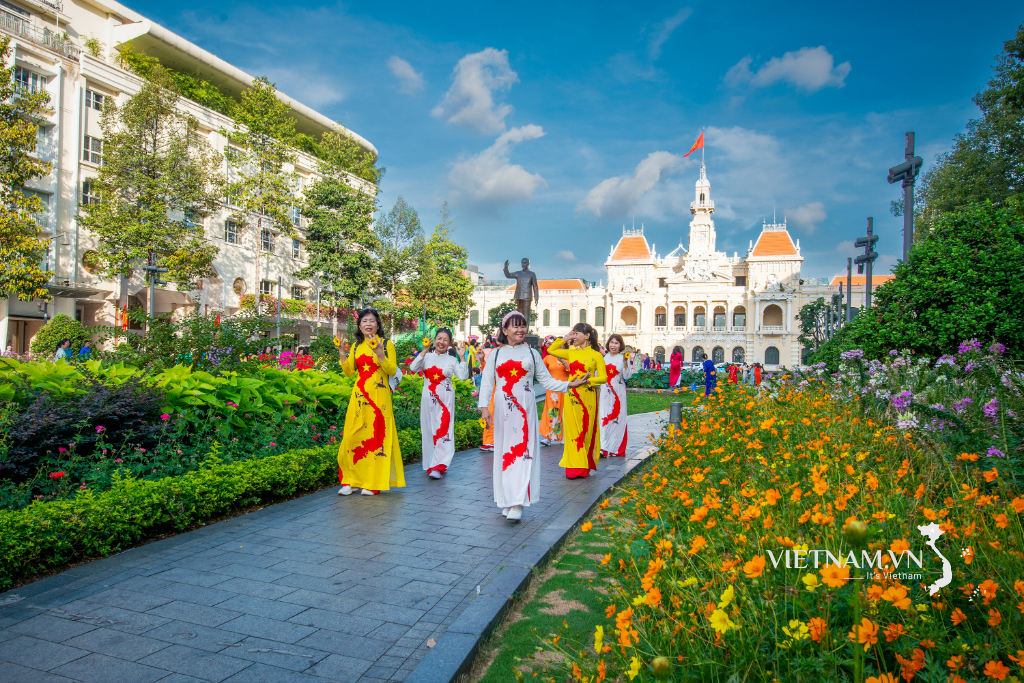
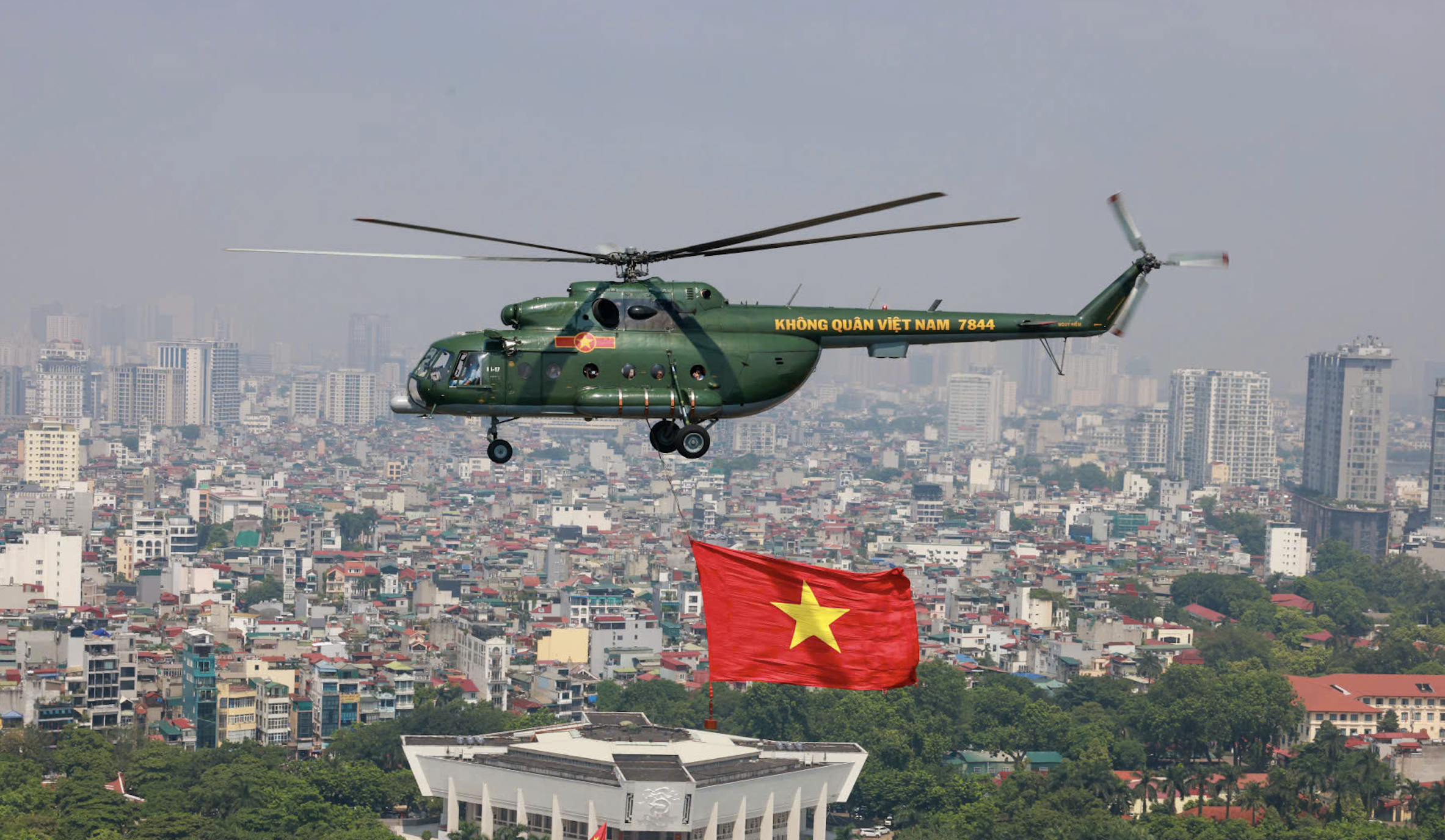
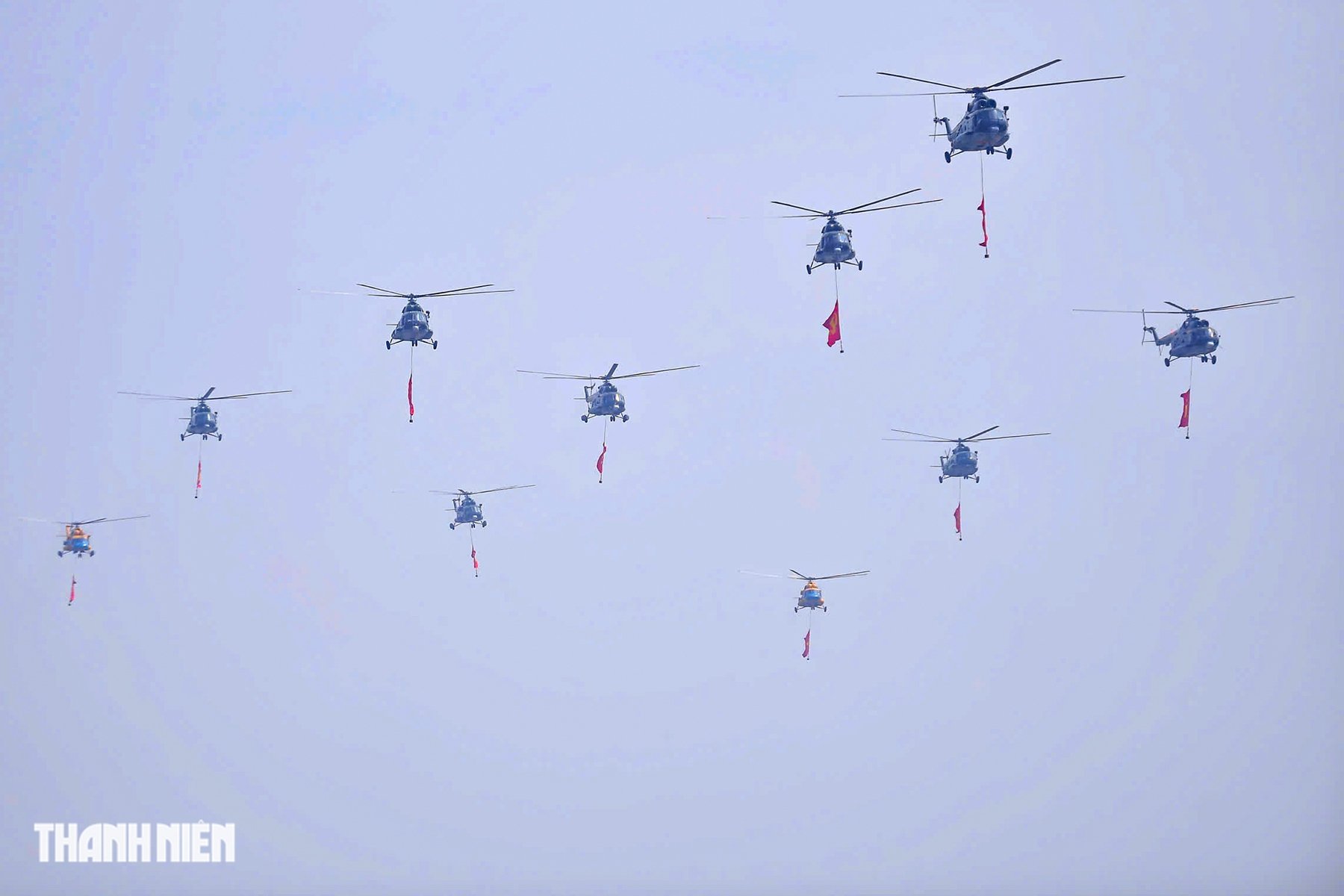
![[Photo] Party and State leaders meet with representatives of all walks of life](https://vstatic.vietnam.vn/vietnam/resource/IMAGE/2025/8/24/66adc175d6ec402d90093f0a6764225b)
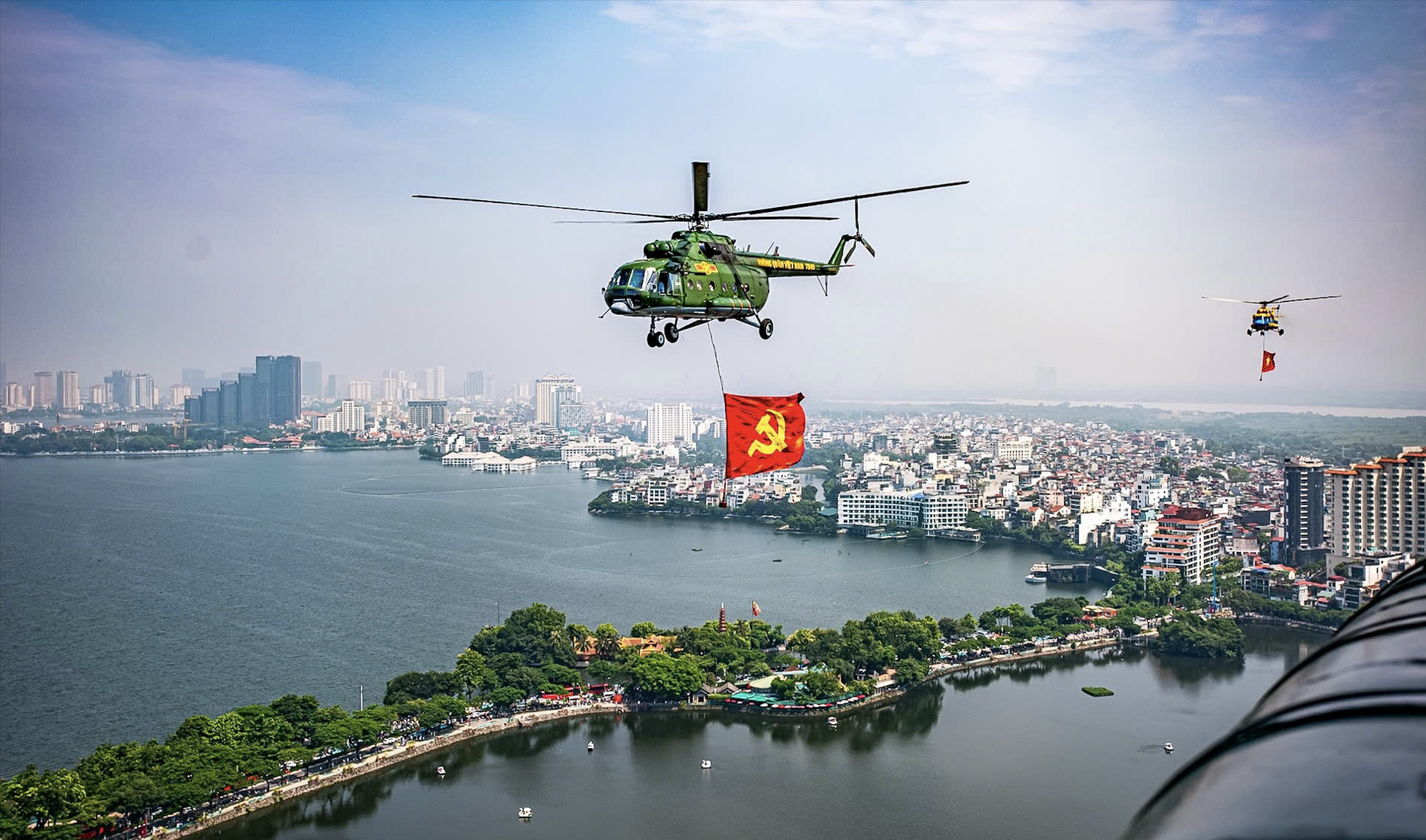
![[Photo] Phu Quoc: Propagating IUU prevention and control to the people](https://vstatic.vietnam.vn/vietnam/resource/IMAGE/2025/8/24/f32e51cca8bf4ebc9899accf59353d90)
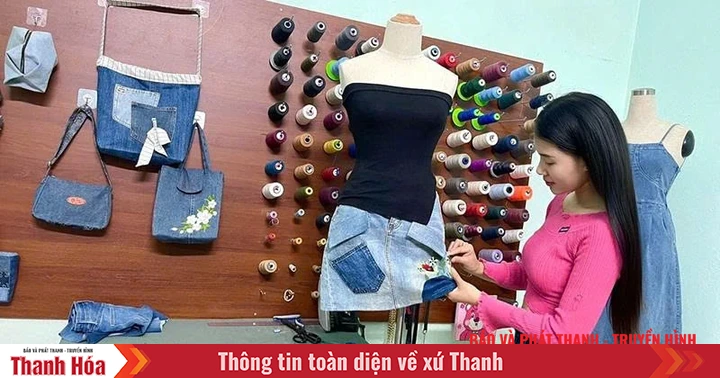

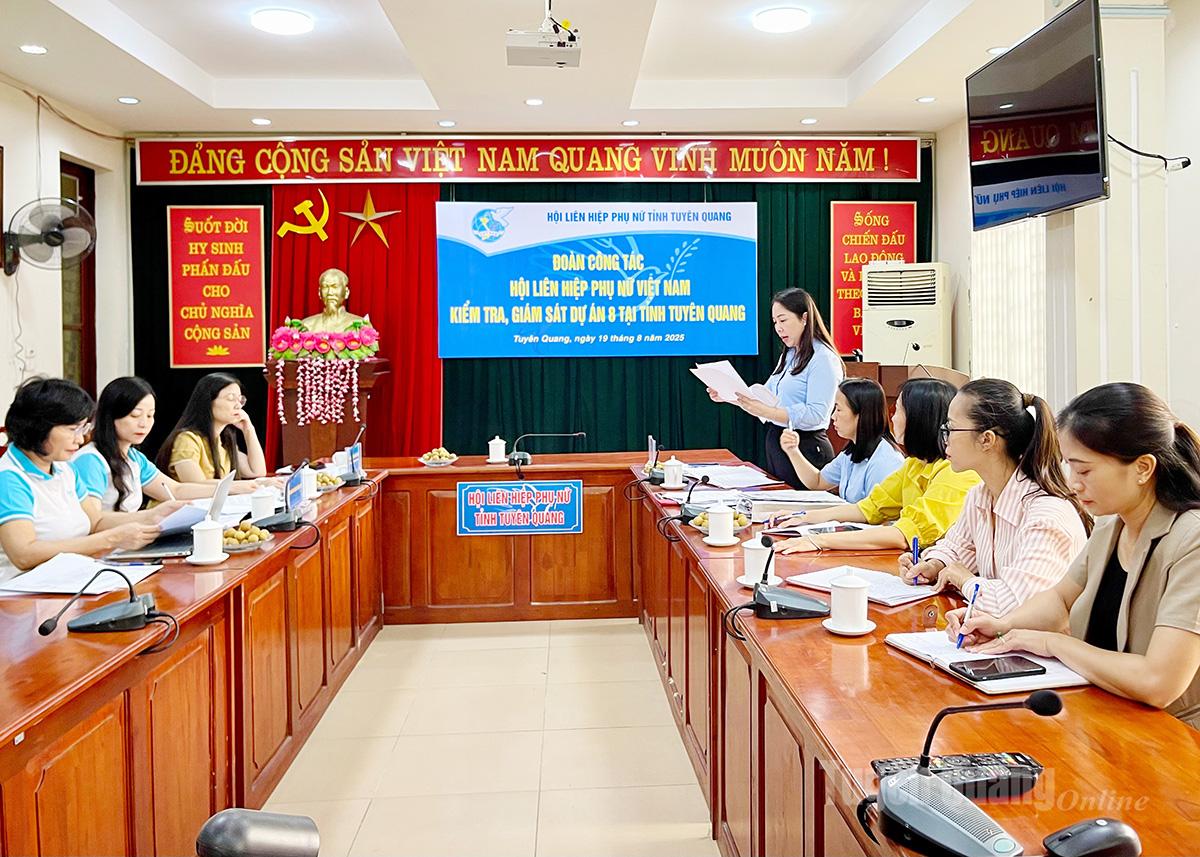

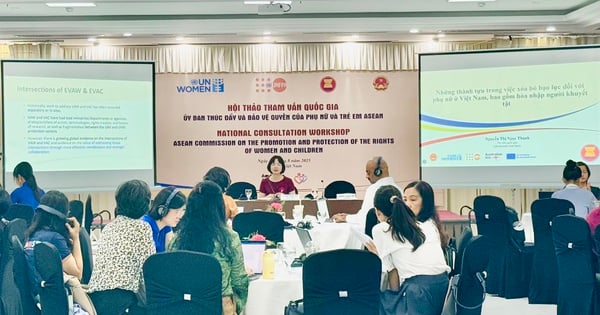



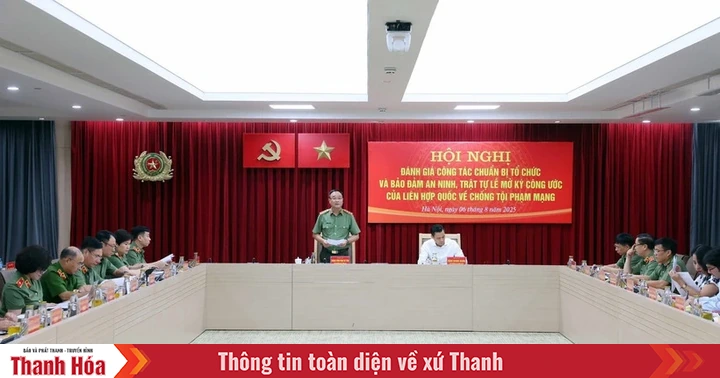
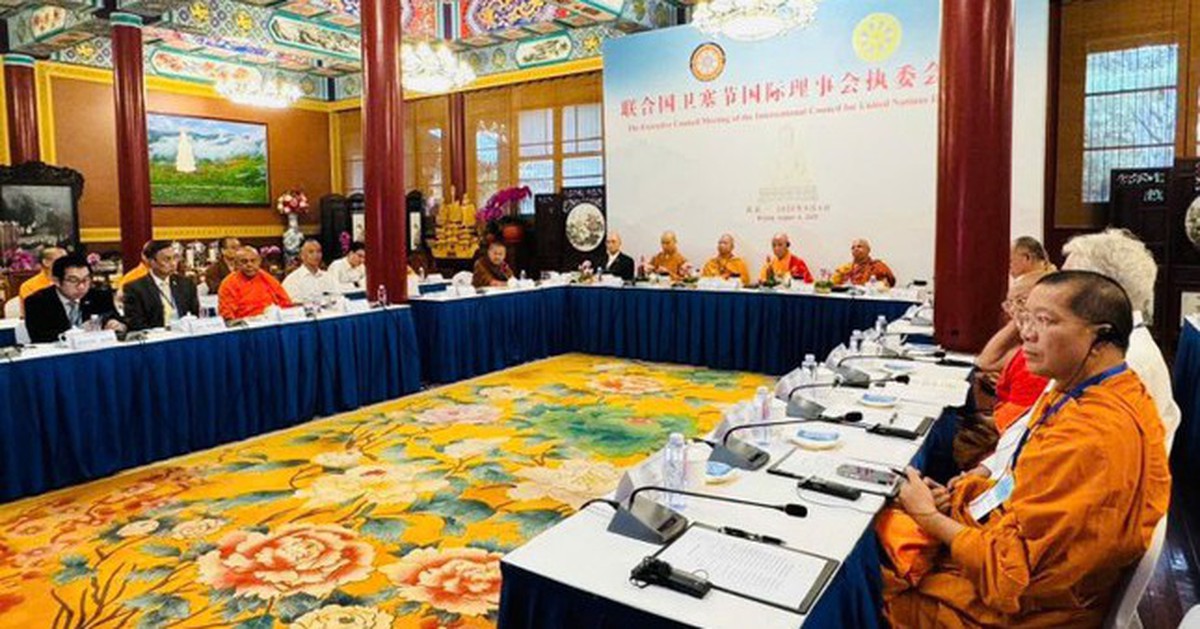

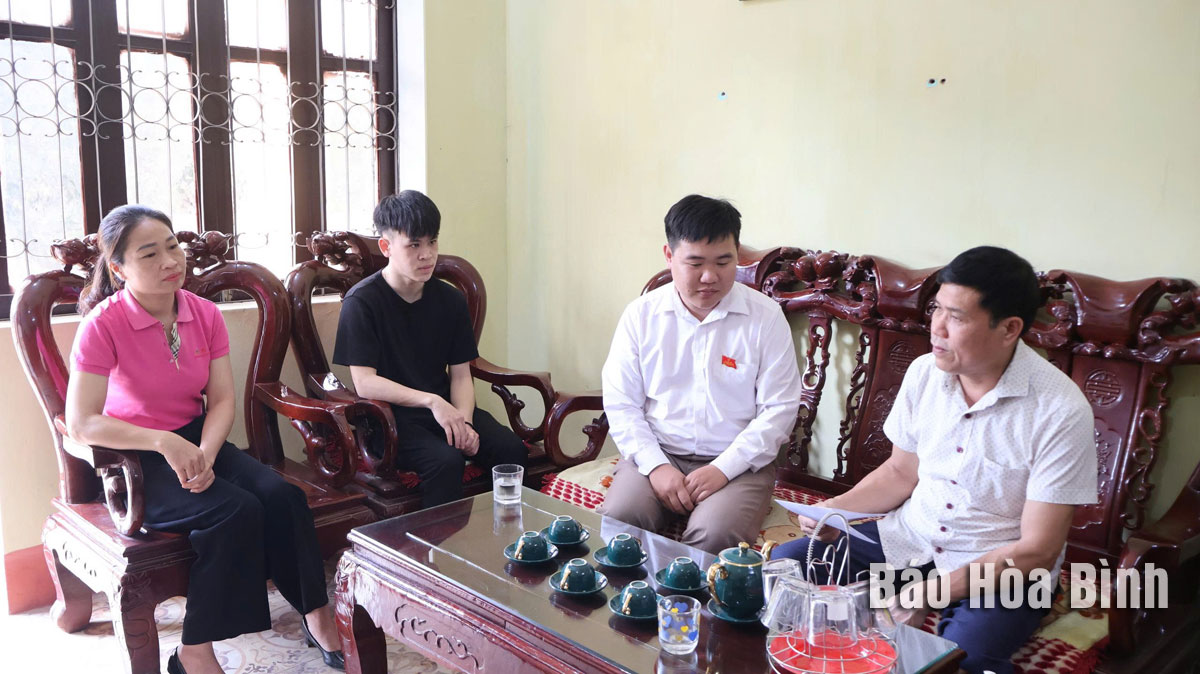

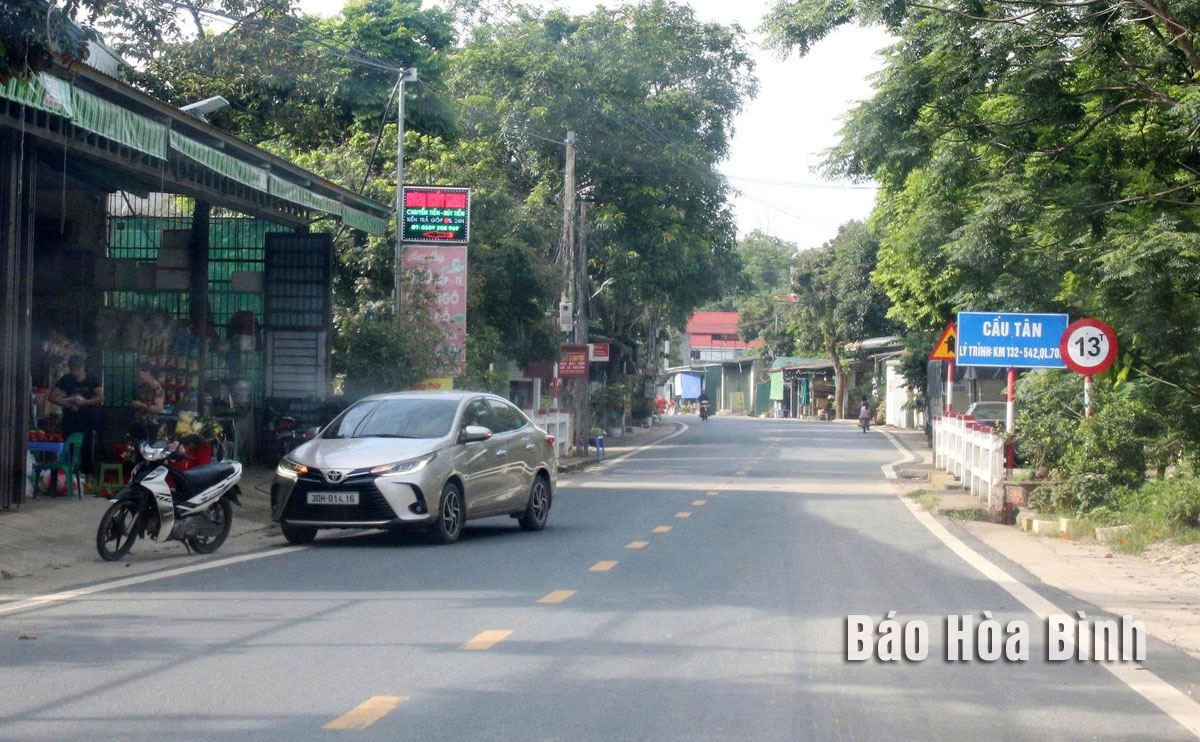
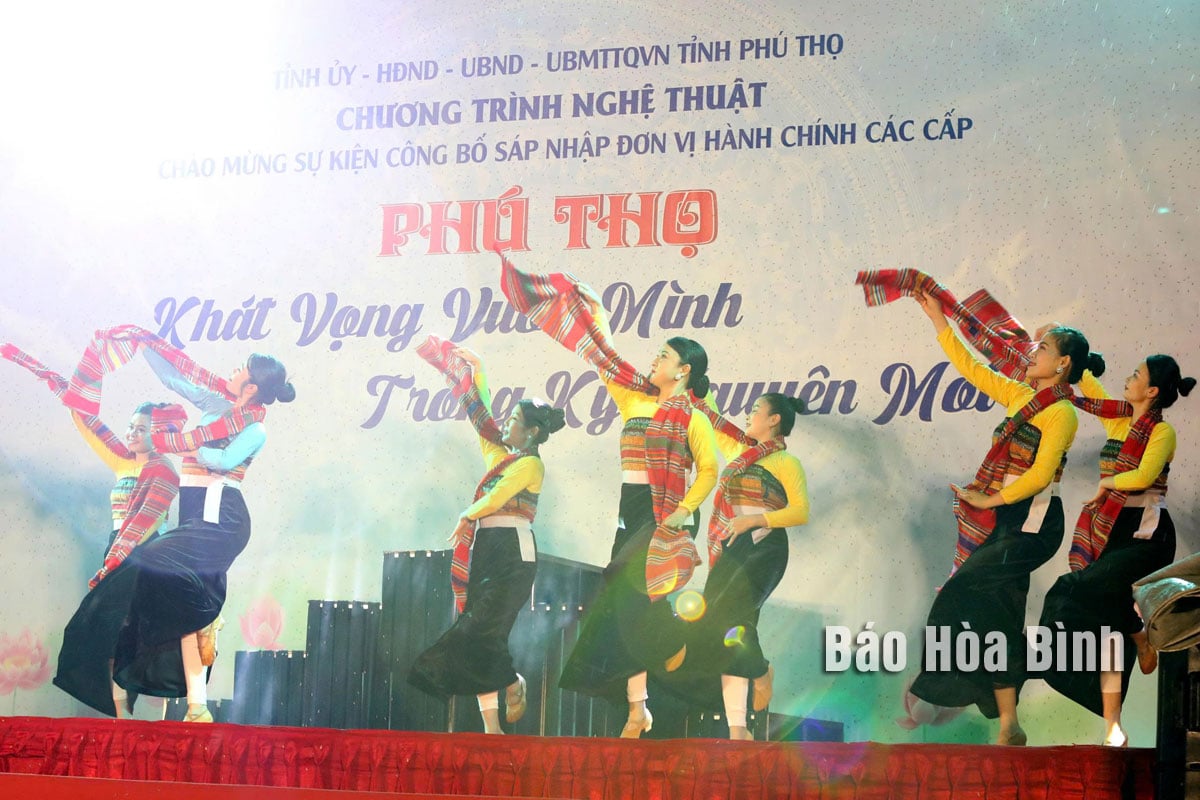
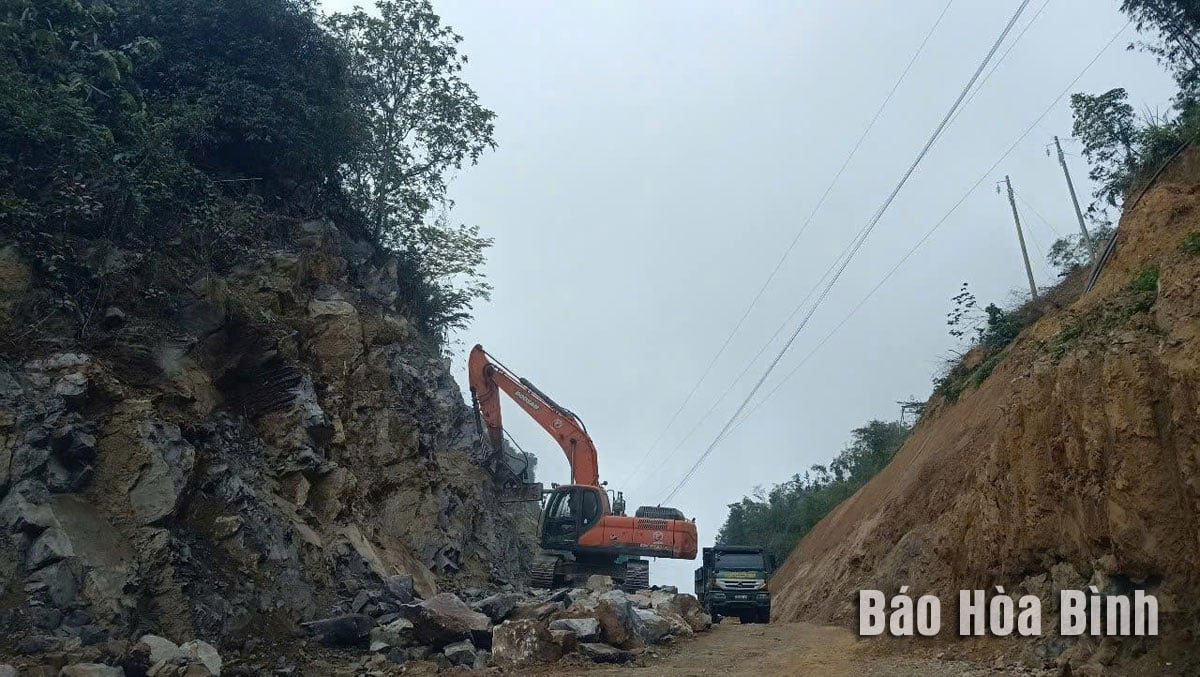
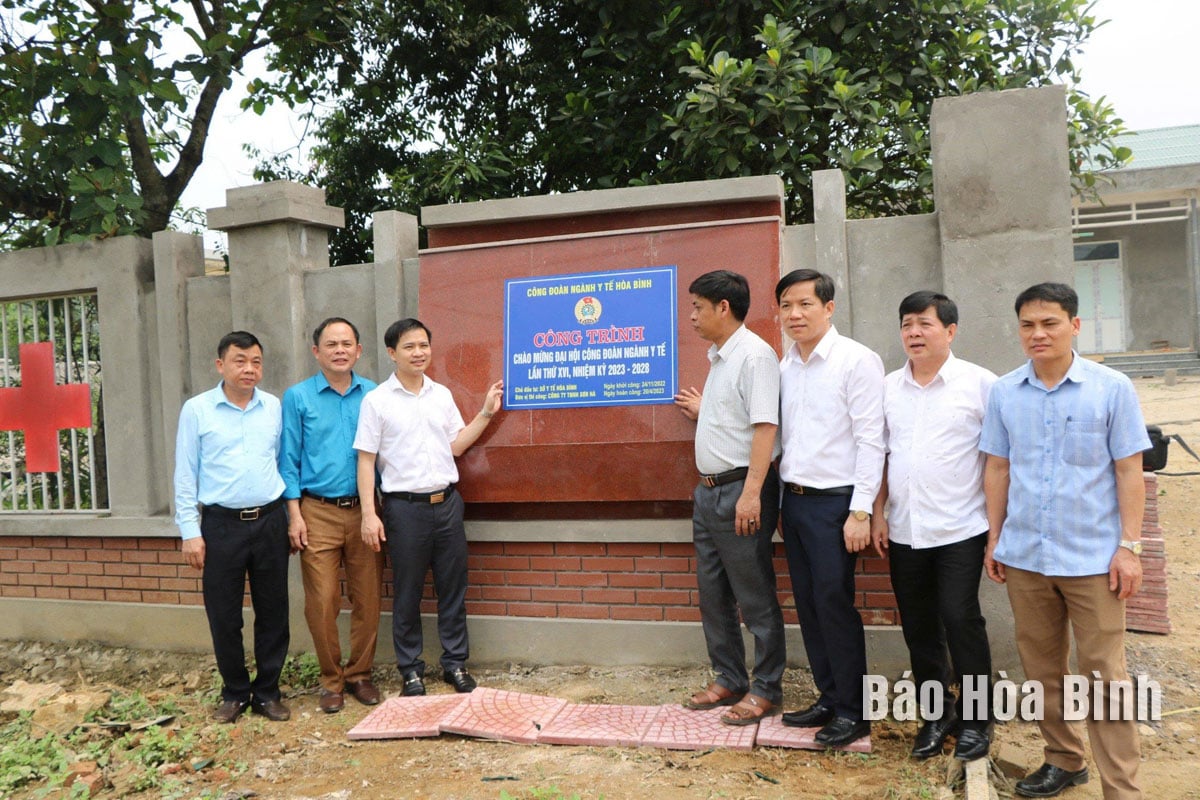
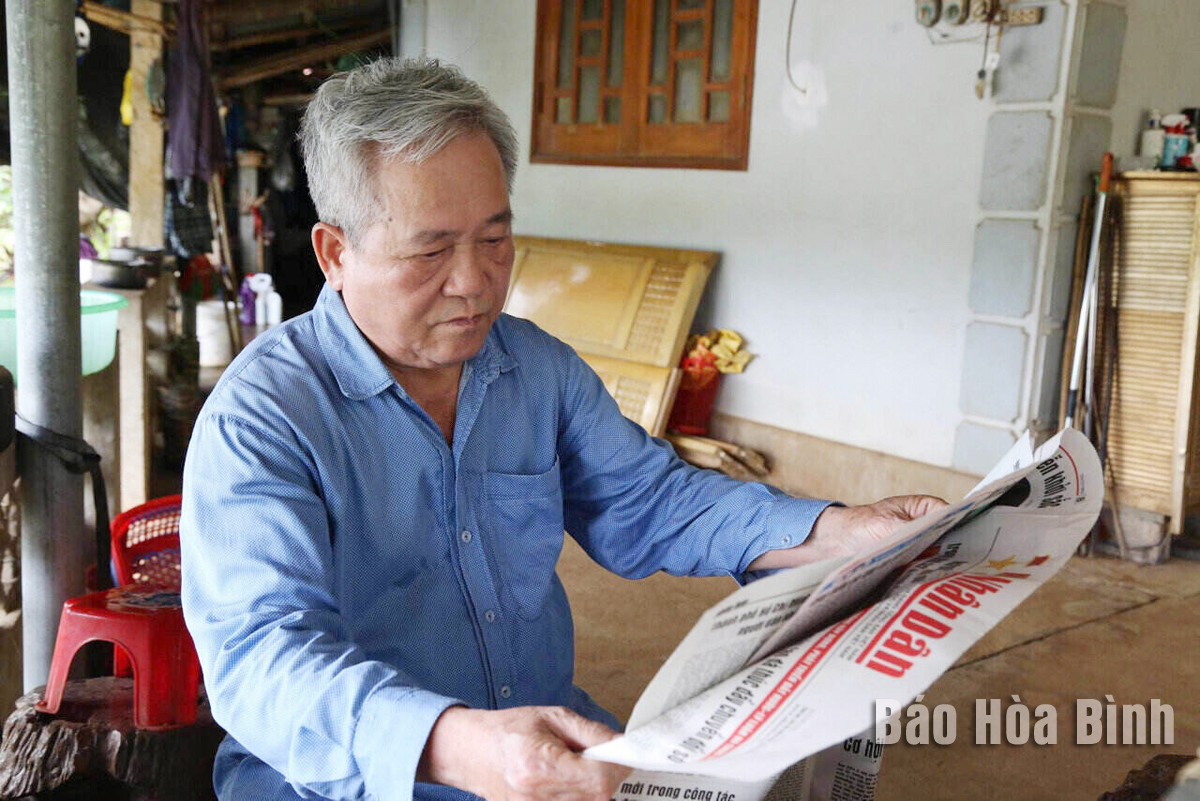




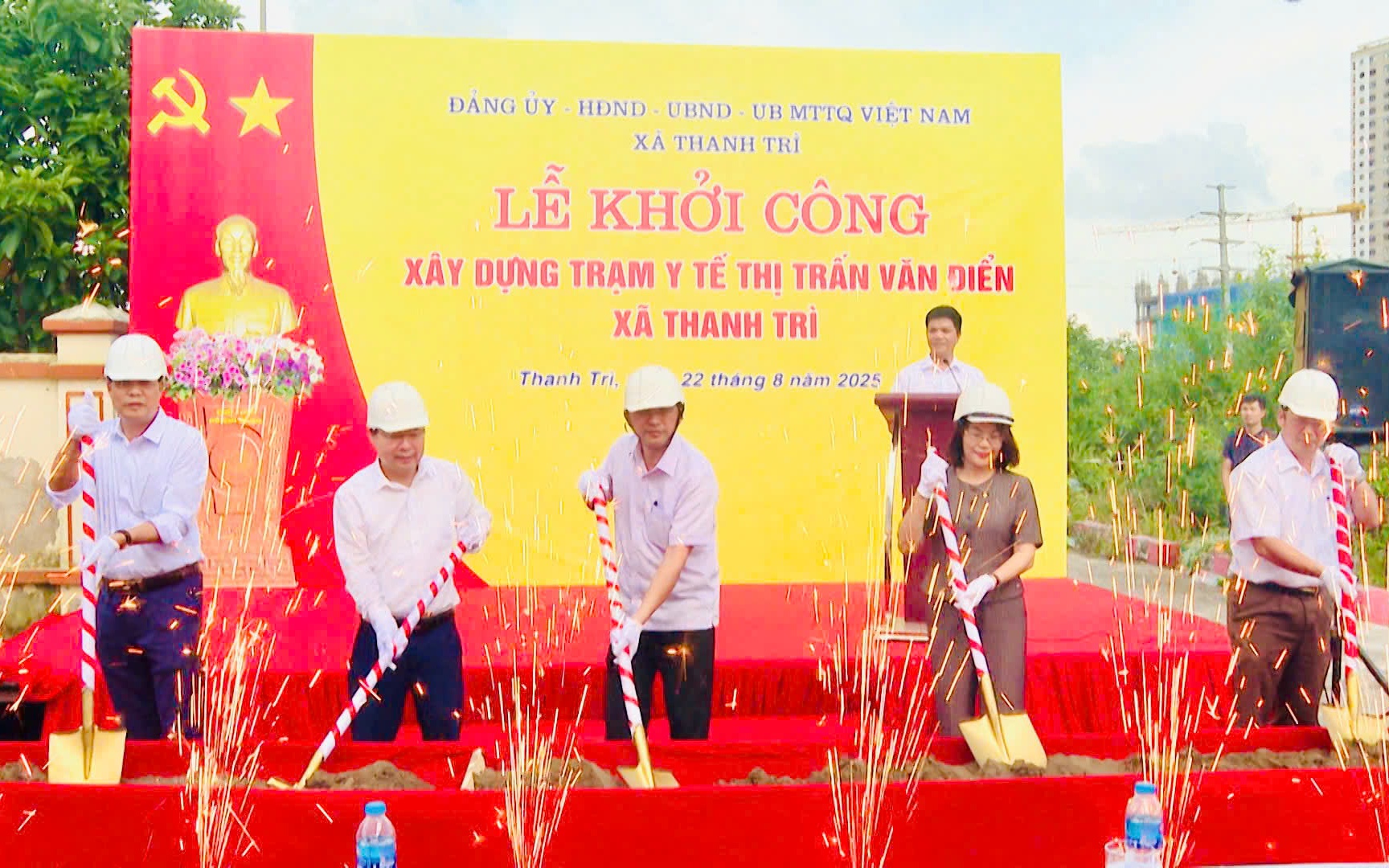
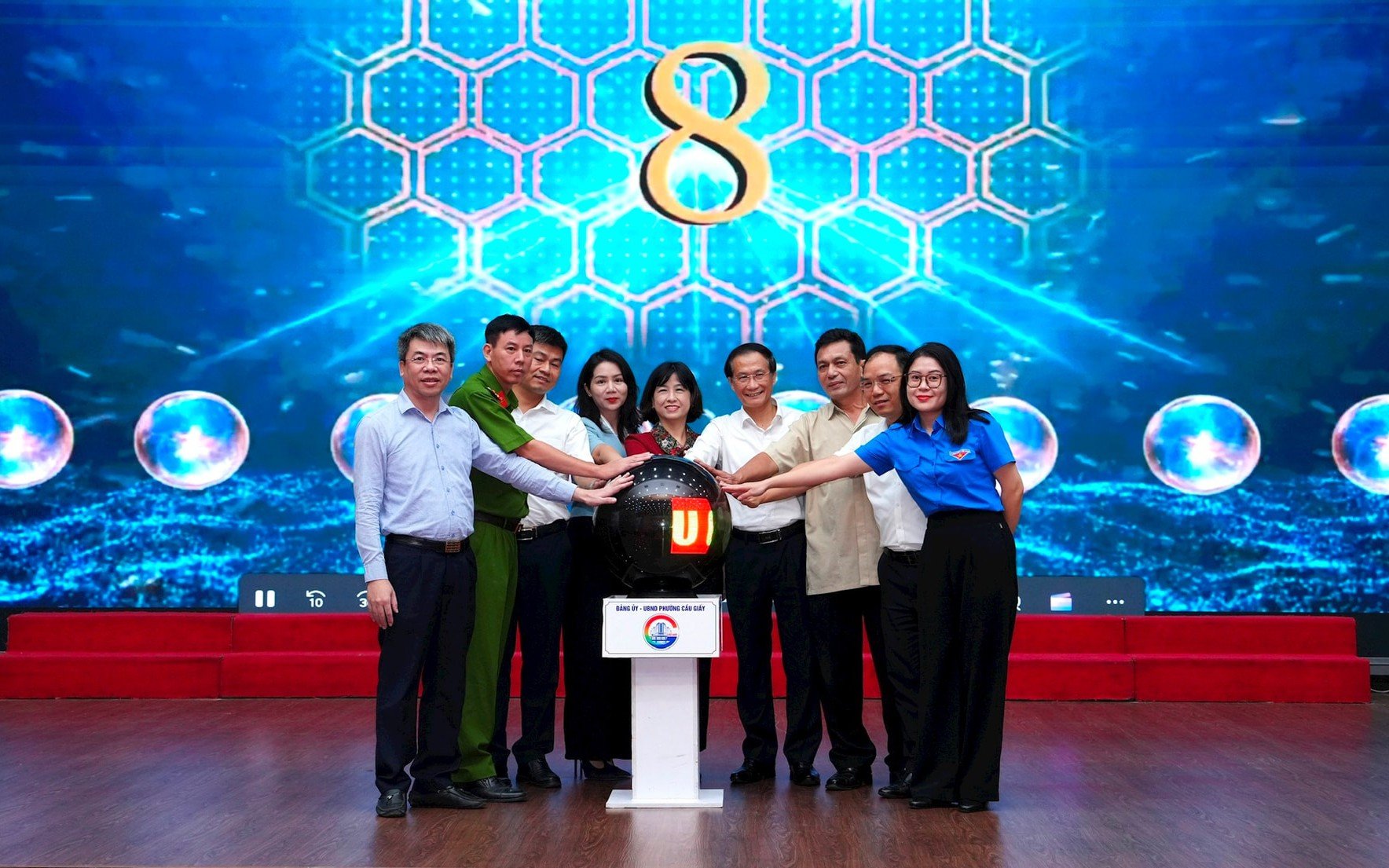
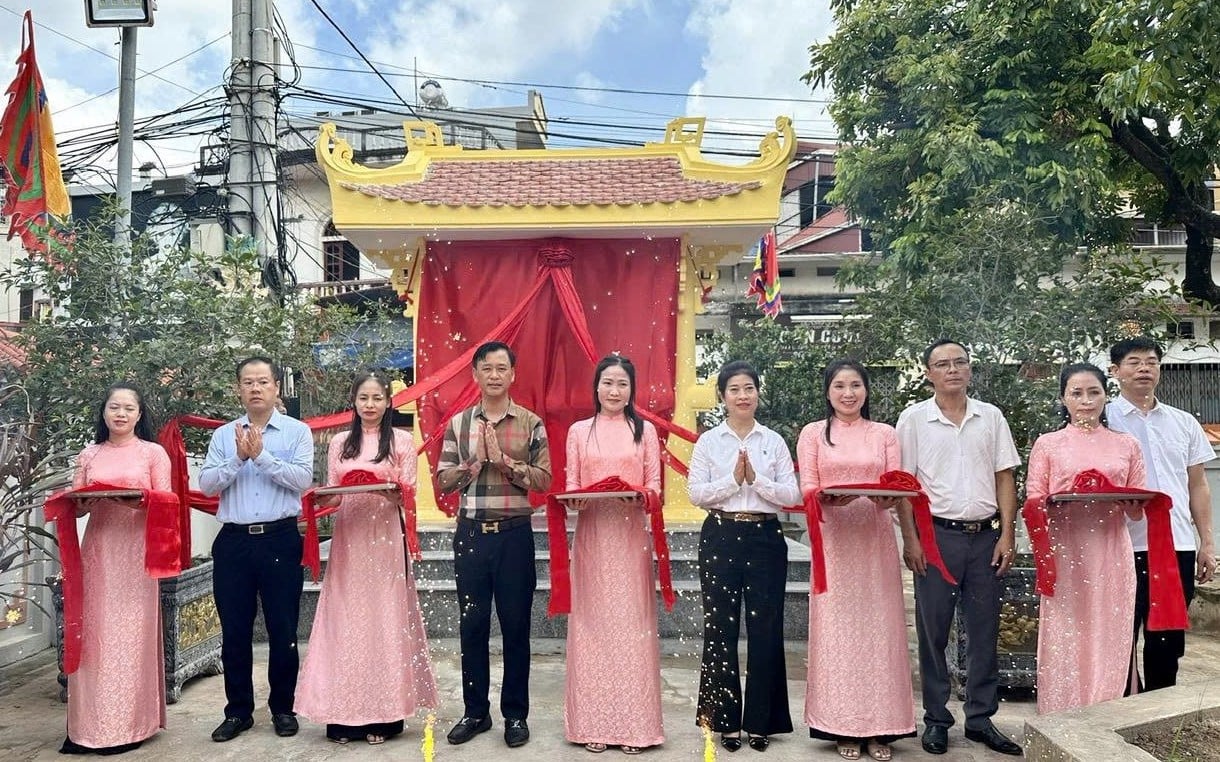
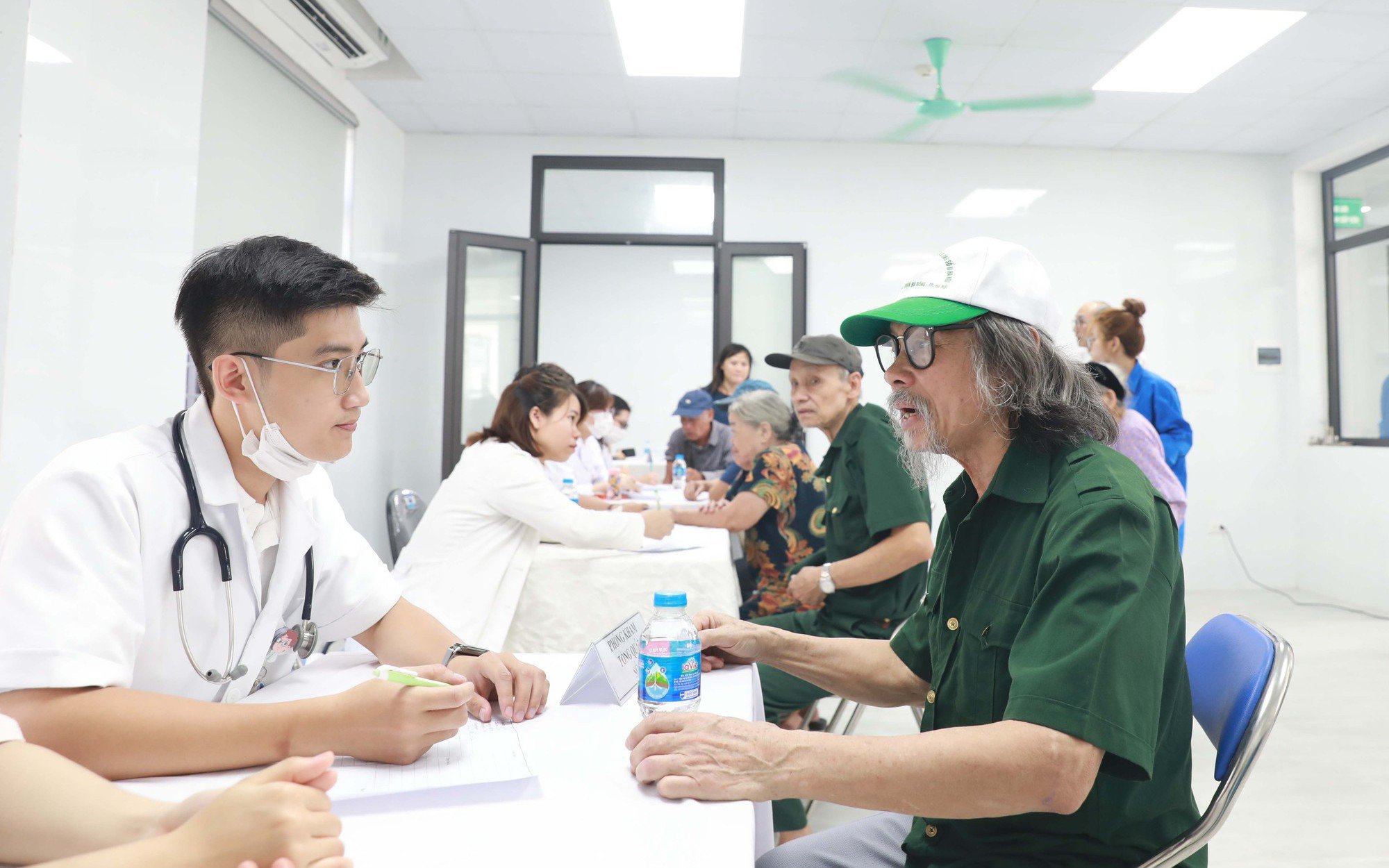
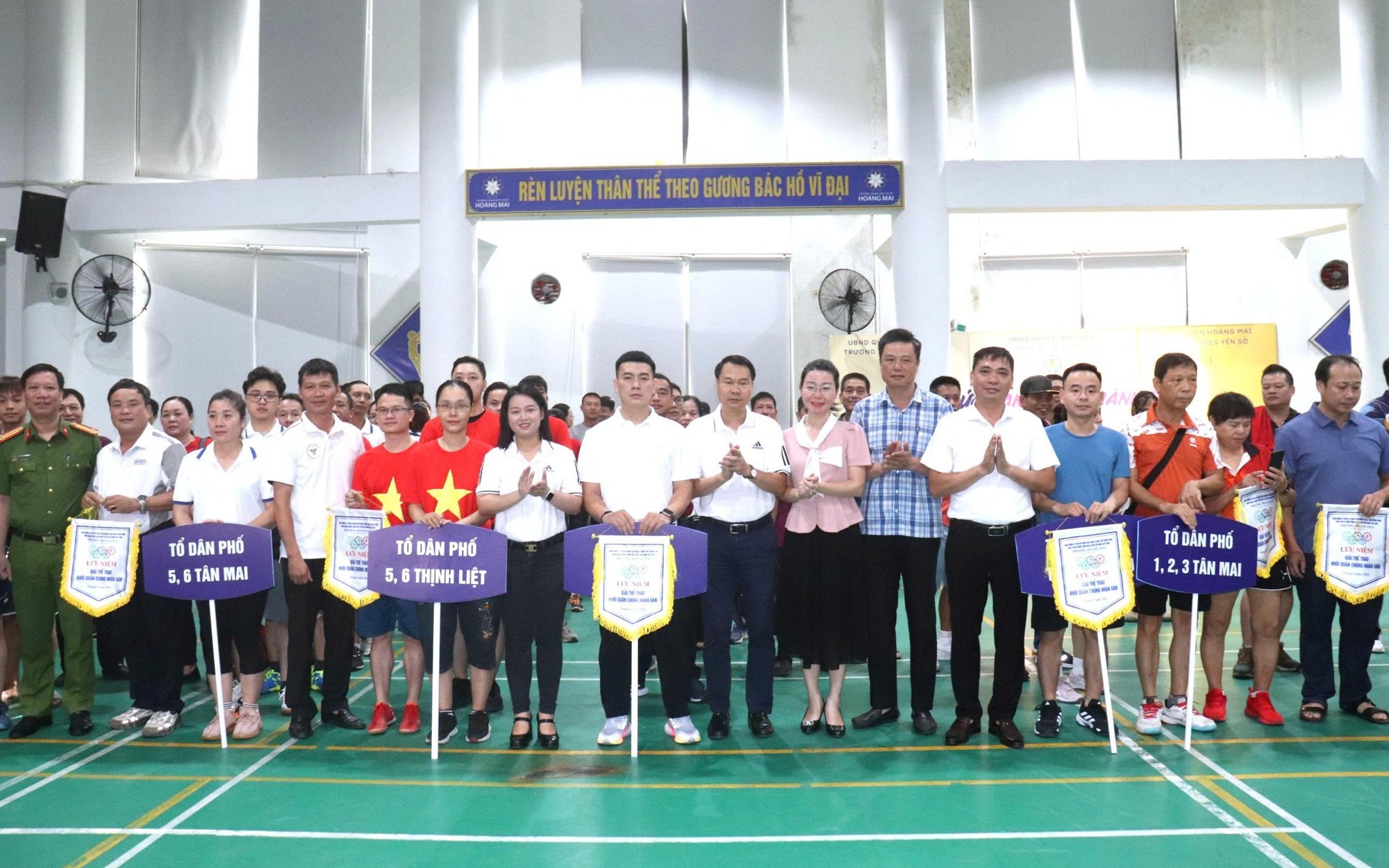
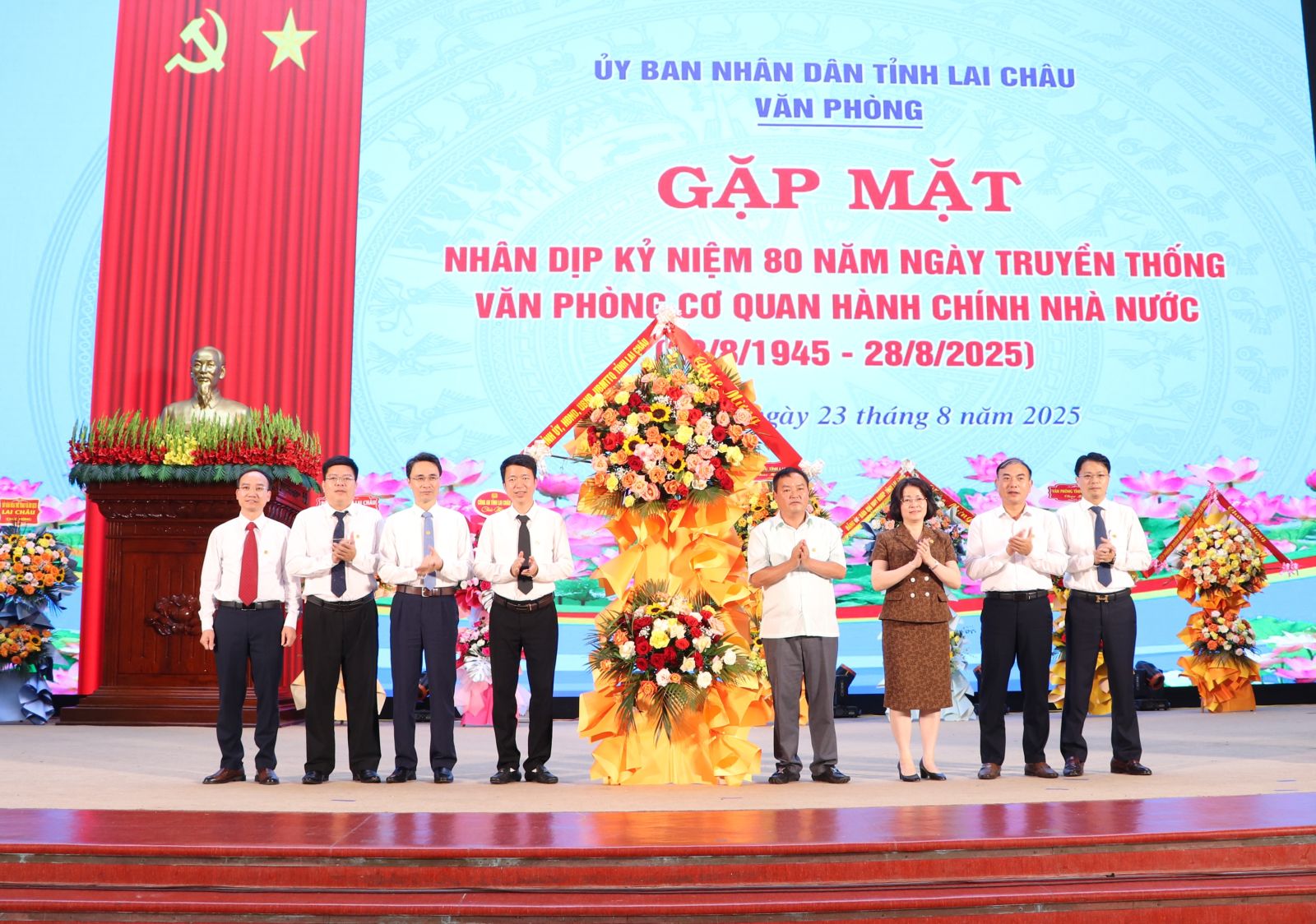




























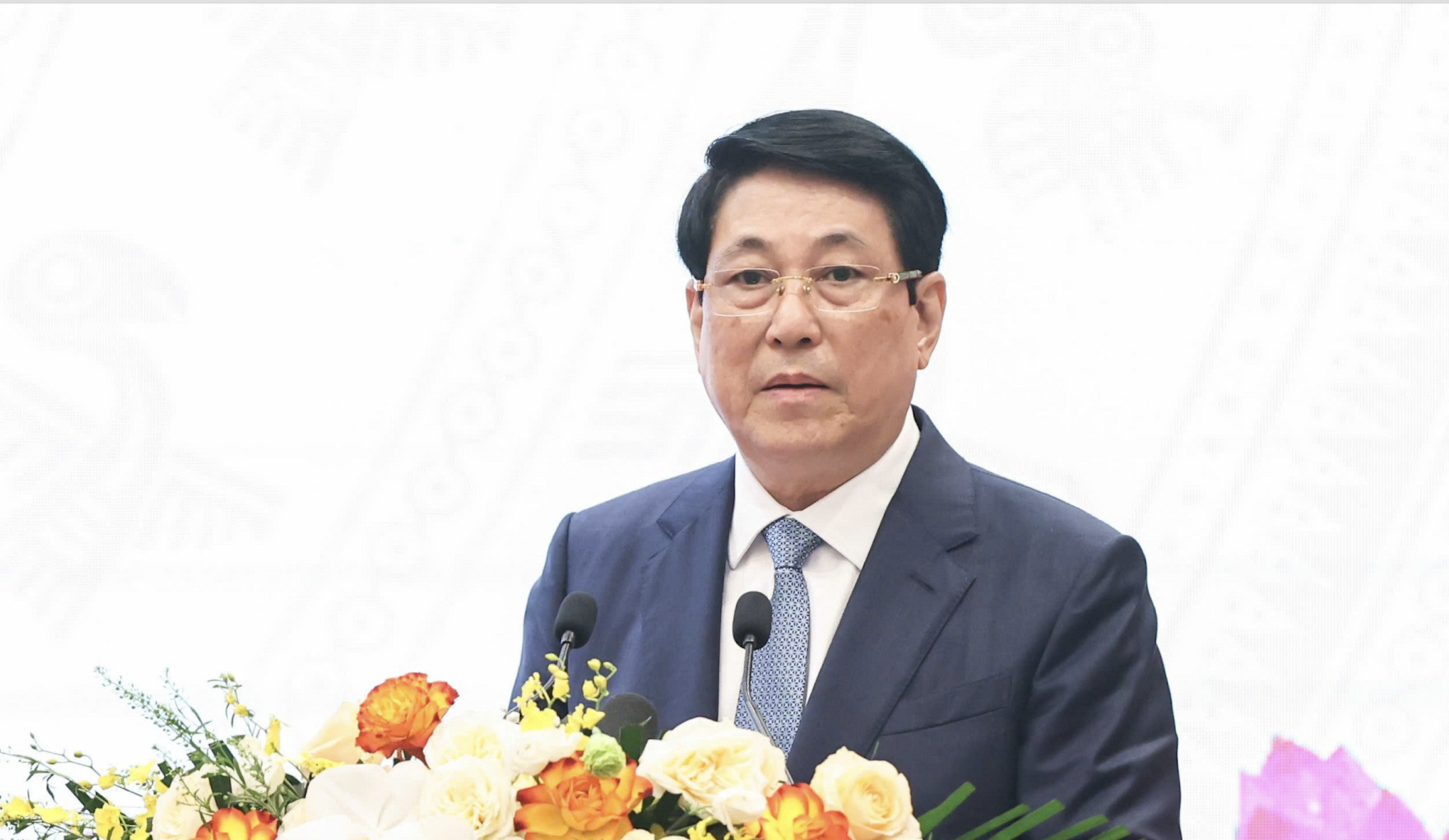













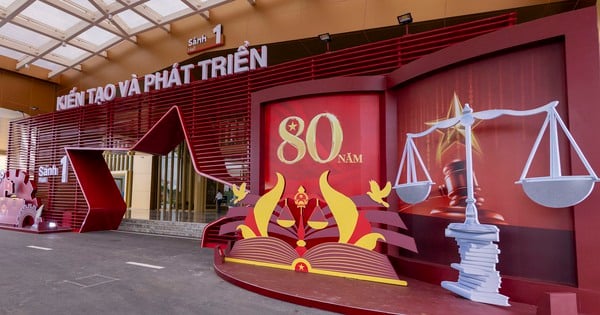




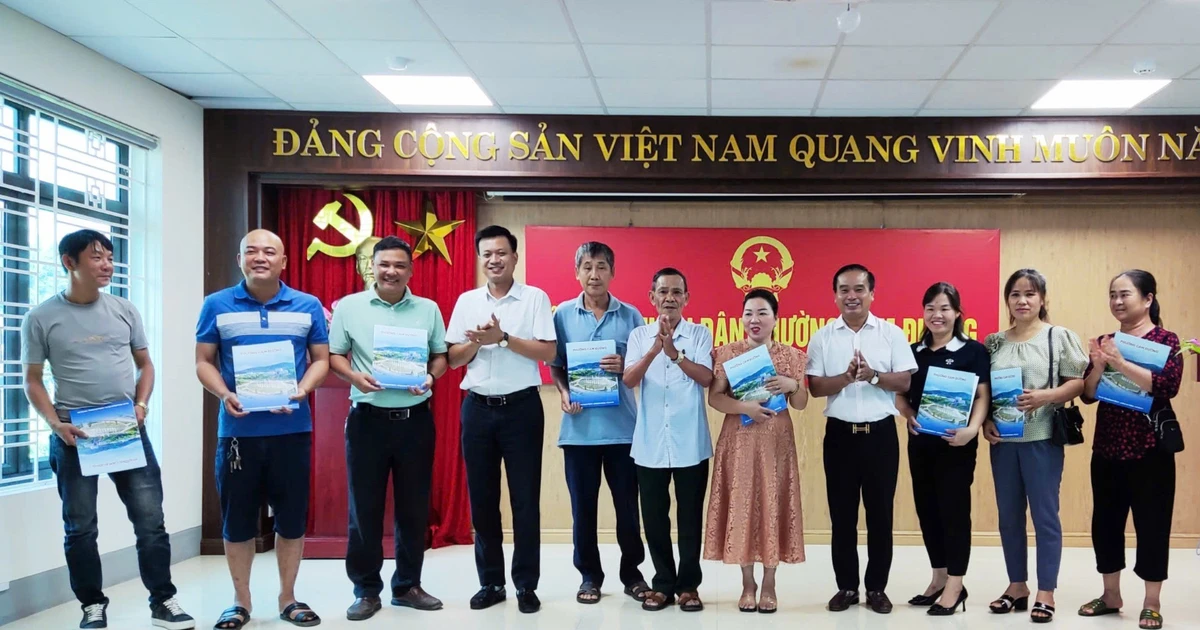

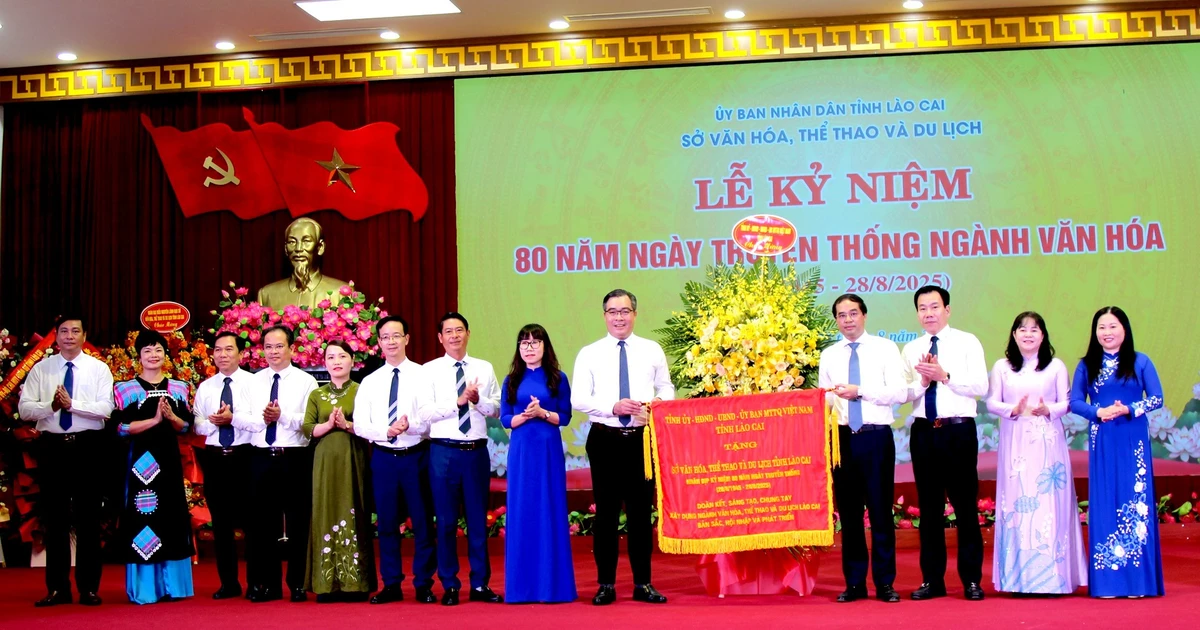
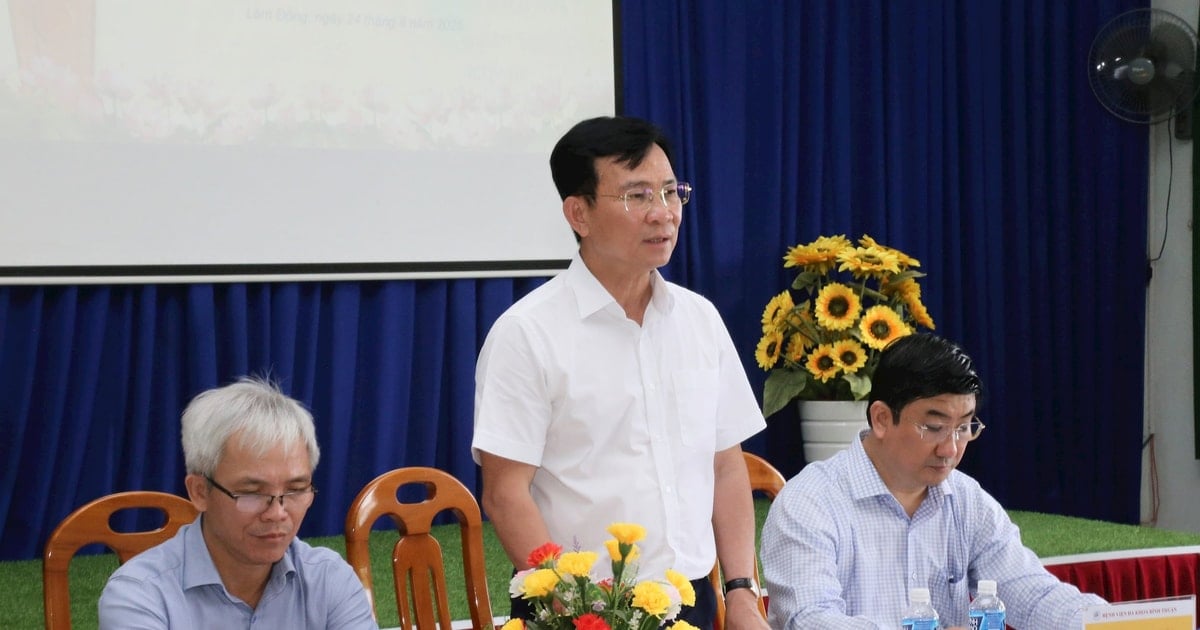

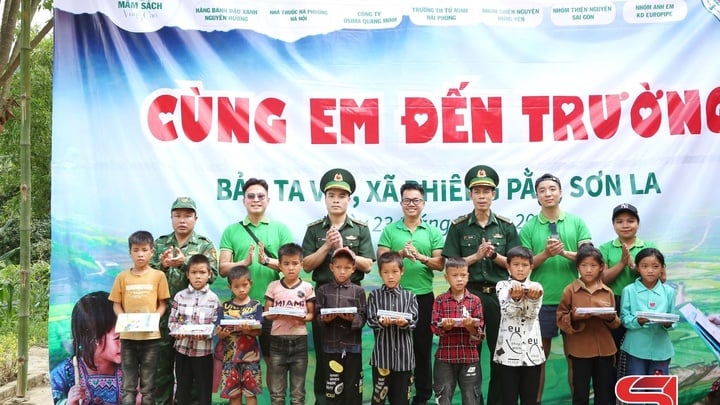

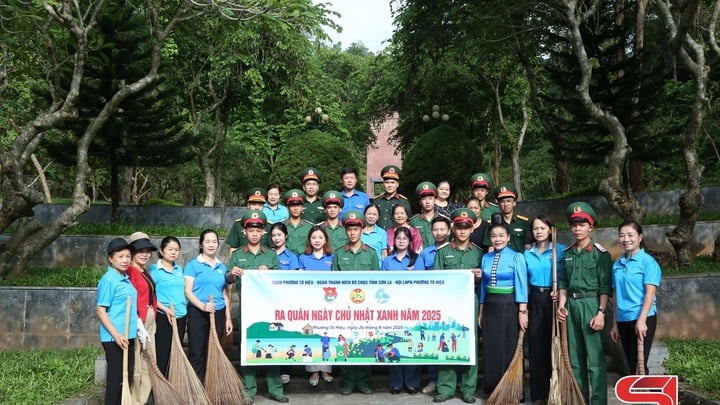












Comment (0)